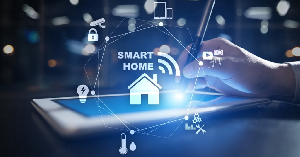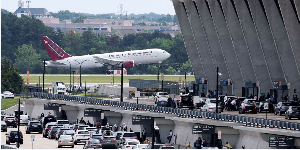While the benefits of smart home technologies are undeniable, their adoption in the property management sector in Ghana is not without challenges. Security and privacy concerns, high upfront costs, and the need for robust infrastructure and reliable connectivity are among the key considerations that property managers must address.
Cybersecurity and Data Privacy
As smart home technologies become more interconnected, the risk of cyber threats and data breaches increases. Property managers must prioritize robust cybersecurity measures to protect residents' personal information and ensure the integrity of their systems.
Integration and Interoperability
With the proliferation of smart home technologies from various manufacturers, ensuring seamless integration and interoperability can be a significant challenge. Property managers must carefully evaluate compatibility and consider adopting open standards or partnering with trusted technology providers to ensure a cohesive and efficient ecosystem.
The Future of Smart Home Technologies in Property Management
The future of smart home technologies in property management in Ghana is undoubtedly bright. As technological advancements continue to accelerate, we can expect to see even more innovative solutions that enhance energy efficiency, security, and resident convenience.
Predictive Maintenance and Asset Management
Predictive maintenance and asset management are emerging as critical areas where smart home technologies can drive significant value for property managers. By leveraging sensor data and advanced analytics, property managers can proactively identify and address potential issues before they escalate, reducing maintenance costs and prolonging the lifespan of their assets.
Smart Cities and Connected Communities
As Ghana continues to urbanize, the concept of smart cities and connected communities is gaining traction. By integrating smart home technologies into larger-scale urban planning and development initiatives, property managers can contribute to the creation of more sustainable, efficient, and livable communities.
Conclusion
As the demand for smart living continues to rise, property managers in Ghana must embrace these technologies and stay ahead of the curve. By partnering with trusted technology providers and fostering a culture of innovation, they can unlock the full potential of smart home technologies and deliver unparalleled living experiences to their residents.
Opinions of Tuesday, 25 June 2024
Columnist: VAAL REAL ESTATE














